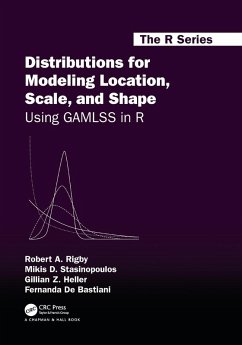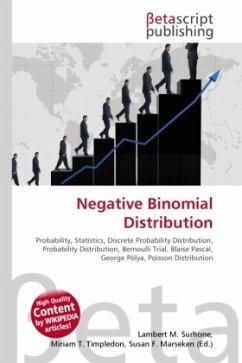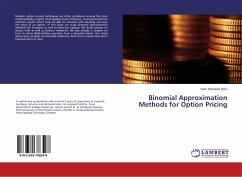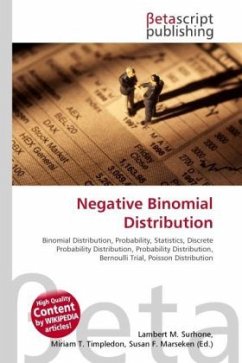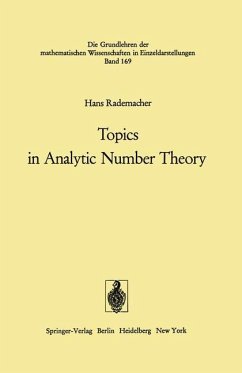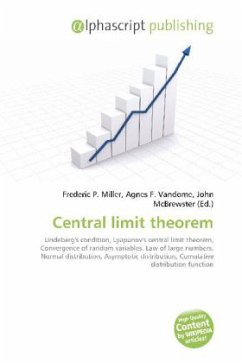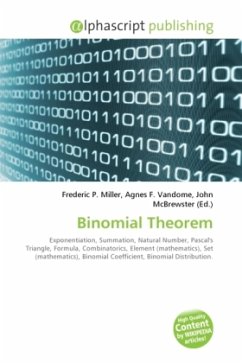
Binomial Theorem
Versandkostenfrei!
Versandfertig in 6-10 Tagen
30,99 €
inkl. MwSt.

PAYBACK Punkte
15 °P sammeln!
In elementary algebra, the binomial theorem describes the algebraic expansion of powers of a binomial. According to the theorem, it is possible to expand the power (x + y)n into a sum involving terms of the form axbyc, where the coefficient of each term is a positive integer, and the sum of the exponents of x and y in each term is n. For example, (x+y)^4 ;=; x^4 ,+, 4 x^3y ,+, 6 x^2 y^2 ,+, 4 x y^3 ,+, y^4. The coefficients appearing in the binomial expansion are known as binomial coefficients. They are the same as the entries of Pascal's triangle, and can be determined by a simple formula inv...
In elementary algebra, the binomial theorem describes the algebraic expansion of powers of a binomial. According to the theorem, it is possible to expand the power (x + y)n into a sum involving terms of the form axbyc, where the coefficient of each term is a positive integer, and the sum of the exponents of x and y in each term is n. For example, (x+y)^4 ;=; x^4 ,+, 4 x^3y ,+, 6 x^2 y^2 ,+, 4 x y^3 ,+, y^4. The coefficients appearing in the binomial expansion are known as binomial coefficients. They are the same as the entries of Pascal's triangle, and can be determined by a simple formula involving factorials. These numbers also arise in combinatorics, where the coefficient of xn kyk is equal to the number of different combinations of k elements that can be chosen from an n-element set.




